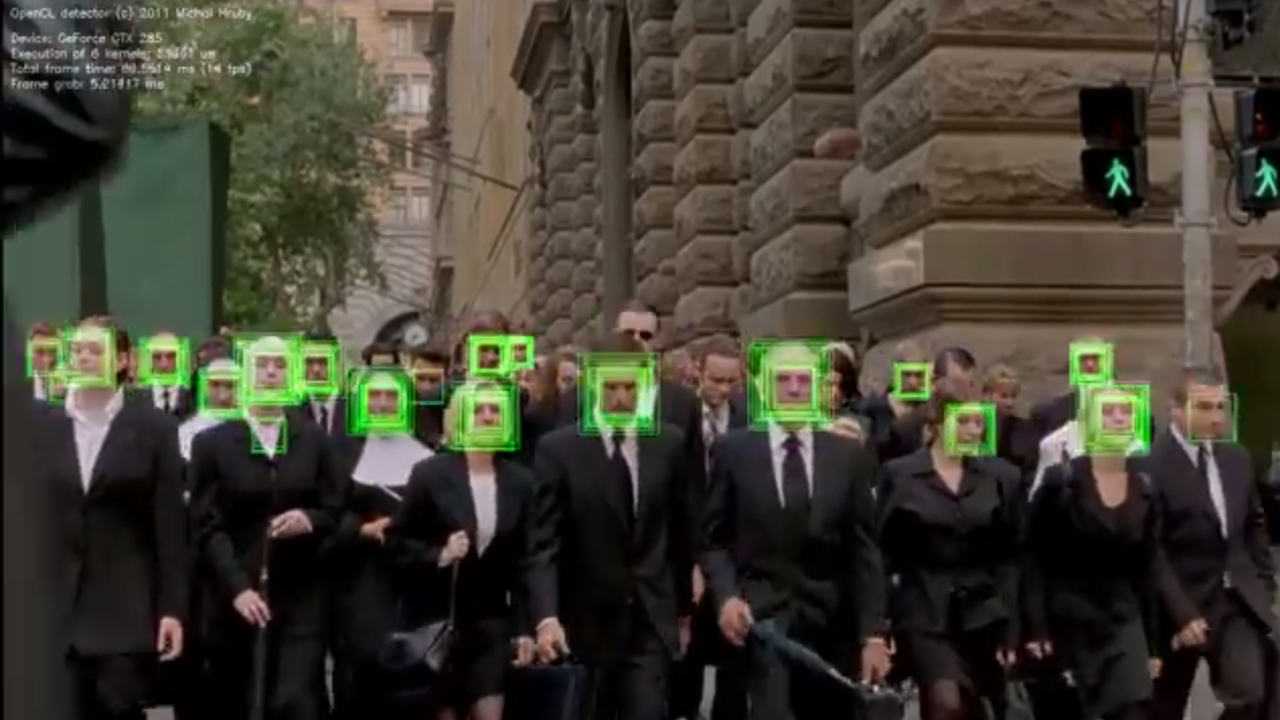A Chicago man who was arrested using facial recognition software has been sentenced to 22 years in prison for armed robbery. Pierre Martin had strikes on his record before he was caught on camera holding up a man on public transportation. His photo was already in the Chicago police department’s database of 4.5 million mugshots. After the arrest, witnesses confirmed he was the robber at the scene.
There is much excitement and misgivings about the evolution of facial recognition software. Many proponents of civil liberties are worried about the effects on regular citizens. UC Davis criminal law professor told Ars Technica:
The greatest concern with any big data tool, whether facial recognition technology or [license plate readers], is its accuracy and the amount of error we should tolerate when the police decide to interfere with individual liberty.
The reach of this technology is steadily growing. In the last two years 2,500 people charged with identity theft were arrested in New York using facial recognition software, and 69 people in New Jersey. Jay Stanley of the ACLU told Ars Technica he thinks we need to be careful about embracing this technology without considering the risks it poses.
The question that needs to be asked is: for every success, how many other situations are there? How many times has this technology been used and not resulted in a prosecution? How many people have been scrutinized by the police when their face came up in a false match?
Many artists and activists are currently addressing the rise of facial recognition, but we’ll see if their efforts escalate to fully functional anti-surveillance systems. (Image: @clr4g0n)


